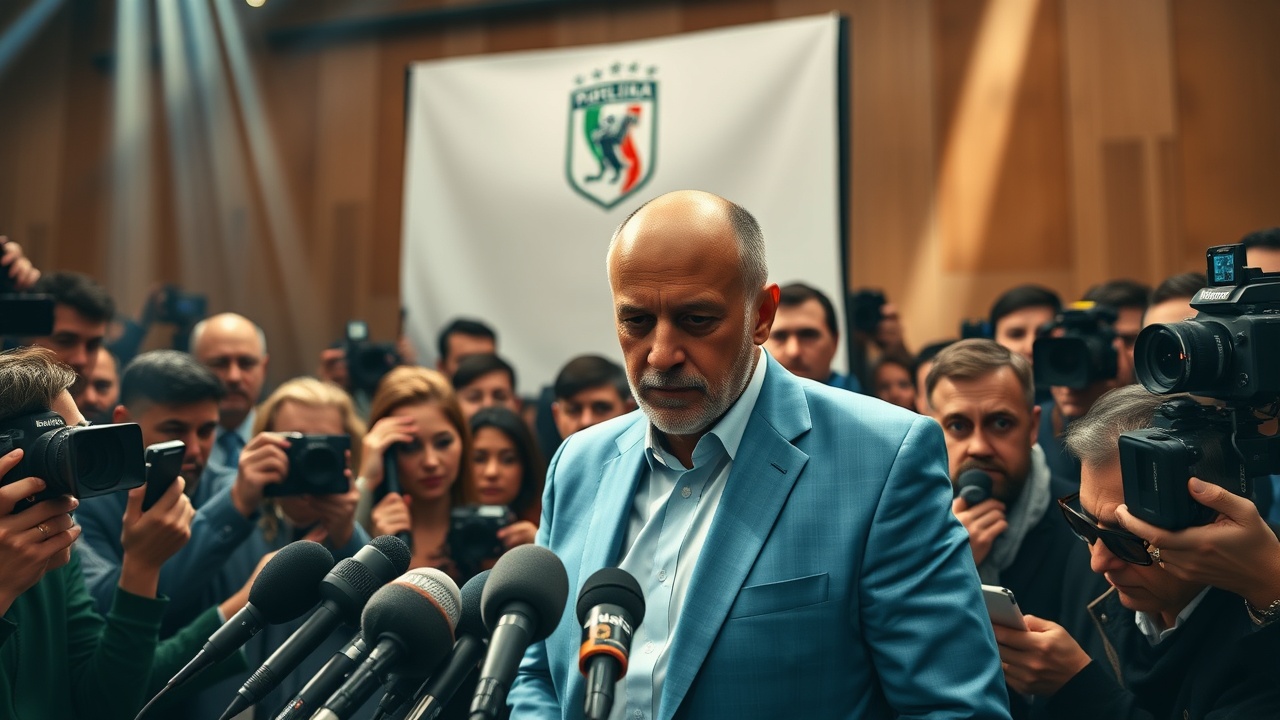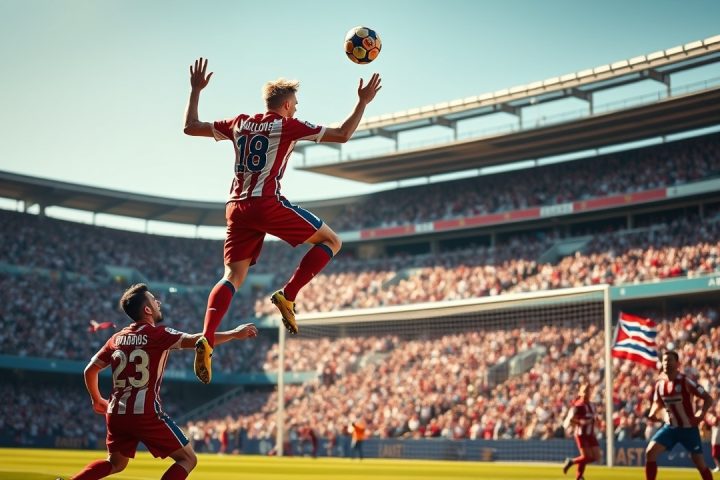The Departure of Luciano Spalletti
The Italian national football team is now without its head coach, Luciano Spalletti, who departed in his signature unconventional style—characterized by a blend of oddities and ambiguous statements. This decision came on the heels of a humiliating 3-0 defeat to Norway, a match that left Italy’s hopes for automatic qualification for the World Cup hanging by a thread.
With just two shots and a meager expected goals (xG) tally of 0.14 until the 74th minute, the team’s performance was dismal and reminiscent of past failures that resulted in their absence from the last two World Cups, following losses to Sweden and North Macedonia.
Challenges Ahead for FIGC
The Italian Football Federation (FIGC) now faces the challenge of appointing a new leader, with potential candidates including Stefano Pioli and even Claudio Ranieri, who announced his retirement last year at 71. Spalletti’s exit was agreed upon in a meeting with FIGC president Gabriele Gravina, stipulating he would oversee the upcoming match against Moldova before parting ways.
However, Spalletti openly stated his firing during a television interview, suggesting a breakdown in communication with the federation.
Despite a 2-0 victory against Moldova in that match, the team’s overall display raised concerns; they allowed 18 shots and conceded an xG of 1.39. The significant difference was not in skills but in the caliber of opponents, as Norway boasts players from top-tier clubs, unlike Moldova’s lineup. This raises questions about the team’s depth and Spalletti’s approach, particularly when he cited injuries to key players as part of his reasoning for the recent lackluster performances, despite the fact that these injuries are a common issue faced by all national teams.
Spalletti’s Reflections
In a press conference filled with emotional rhetoric, Spalletti expressed gratitude toward his staff yet left many questions unanswered about player selection and strategy. While he acknowledged that some choices were misguided, he also pointed to external factors as excuses for Italy’s poor showing, such as other teams benefiting from more match exposure earlier in the qualifiers.
Spalletti’s Tenure and Its Contrast with Club Success
Spalletti’s tenure lasted 24 matches, where he recorded nine wins and six losses, including a disheartening campaign in Euro 2024. His record stands in contrast to his impressive club history—three-time Serie A Coach of the Year and numerous titles with Napoli, where he revitalized the team, culminating in a championship against long-standing rivals.
The distinction between club and national team coaching is clear, with the former allowing for sustained training and player development, while international management demands swift effectiveness and adaptability, often requiring a simplistic approach. Spalletti’s intricate style may have proved incompatible with these demands, affirming the FIGC’s decision to move on after recent failures.




